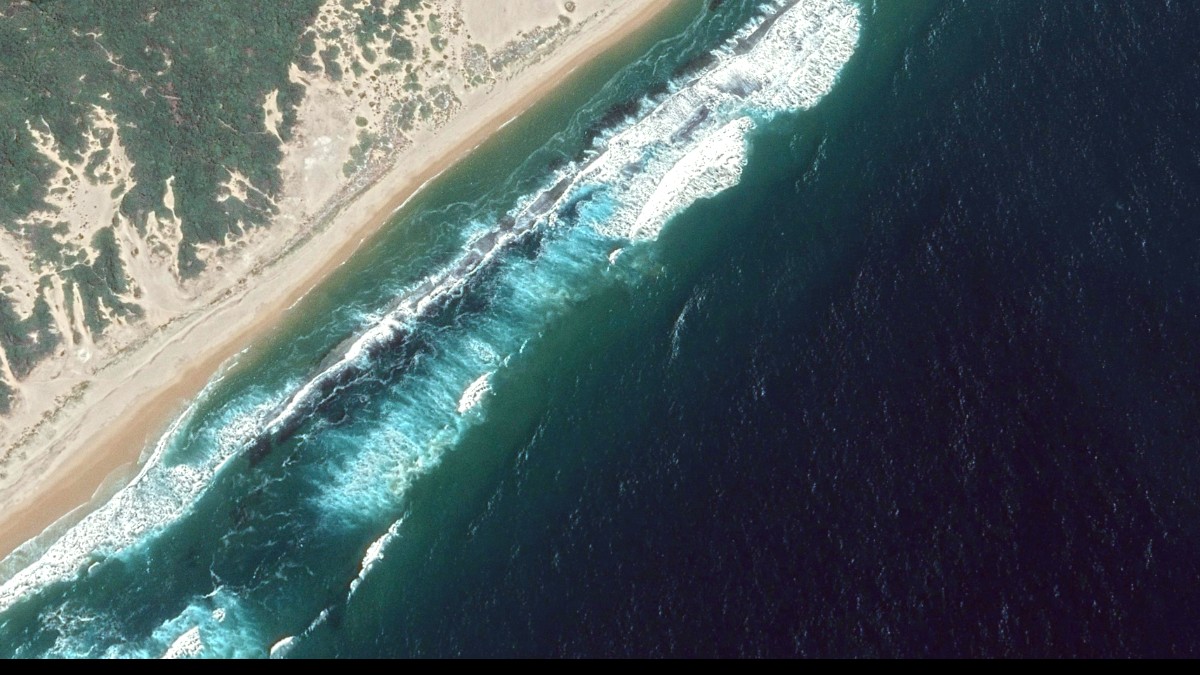
Mozambique
Inhambane’s natural landscape provides an ideal setting for a variety of outdoor pursuits, especially marine activities.
Formal, marked hiking trails are limited. Most "hiking" involves walking along the beautiful beaches (e.g., Tofo to Tofinho, or Tofo to Barra at low tide) or exploring coastal dunes. Generally easy to moderate.
Guided quad bike tours explore the local dunes, coconut plantations, and remote beaches. An adventurous way to see the landscape, often including stops at viewpoints or local villages.
Cycling is popular in Tofo and Barra. You can rent bicycles and explore sandy tracks. Limited dedicated mountain biking, but sandy roads provide challenging terrain.
The waters off Tofo and Barra are world-renowned for marine megafauna, making it a premier destination for divers and snorkelers. Encountering whale sharks, manta rays, dolphins, and humpback whales (seasonal) is the highlight for many visitors. These are typically done via boat trips for snorkeling or diving.
Immerse yourself in Inhambane's local culture through various interactions and experiences.
Local festivals and religious holidays (e.g., Independence Day, Ramadan/Eid, Christmas) are observed. While not specifically tourist-oriented, they offer glimpses into local culture, traditions, and community life.
Traditional healers (curandeiros) are part of local culture, but direct engagement for tourists is rare and typically requires local connections and cultural sensitivity.
Explore Inhambane Central Market for a bustling hub of local life, where you can observe daily commerce and interact with vendors.
Many restaurants in Tofo and Barra offer tables directly on the sand, providing an unique ambiance with ocean views and the sound of waves.
Some operators may offer sunset dhow cruises on Inhambane Bay that include a simple, freshly prepared meal onboard, combining a scenic experience with local cuisine.
A great way to eat cheaply and authentically. Look for vendors with long lines of locals, this indicates popularity and freshness for grilled fish or chicken.
Inhambane offers ample opportunities to unwind and recharge amidst its natural beauty.
There are no known hot springs or significant natural therapy options in the immediate Inhambane area. The natural therapy here revolves around the ocean and its calming influence.
Traditional healers ("curandeiros") are part of local culture, but direct engagement for tourists is rare and typically requires local connections and cultural sensitivity.
Embrace the tranquil environment of Inhambane. The sound of waves, ocean views, and peaceful bay settings offer a natural form of relaxation and mindfulness.
The rhythmic sound of the waves and expansive ocean views provide a calming influence for relaxation and introspection.
Witnessing the breathtaking sunsets over Inhambane Bay or the Indian Ocean creates moments of peace and beauty.
Explore the tranquil mangrove forests by kayak or paddleboard for a peaceful connection with nature and birdlife.
Tofo, in particular, offers a lively social scene once the sun sets, while Inhambane town is generally quieter.
There are no formal theater spaces dedicated to public performances in Inhambane. Cultural performances mainly occur during community events or at some lodges.
Dathonga, Mozambeat Motel, and Casa Barry are known for their lively evening atmospheres, often featuring live music and a social scene.
Beyond Tofo, nightlife options are very limited. Inhambane town and other areas are generally quiet after dark, with focus on relaxed dining or quiet evenings.
Always prioritize your safety, especially when exploring nightlife. Familiarize yourself with your route and transportation options before heading out.
Discover local crafts, fresh produce, and unique souvenirs in Inhambane.
Small craft stalls can be found in Inhambane town and Tofo. These sell local art, wood carvings (often depicting marine life or local figures), and textiles.
Luxury and boutique shopping options are limited to small boutiques within some higher-end lodges. Inhambane is not a destination for extensive luxury retail.
Wood carvings, Capulanas (colorful traditional fabrics), woven baskets and mats, freshly roasted cashew nuts, peri-peri sauce, and local music (CDs or digital downloads).
Plan to spend an hour or two at the Inhambane Central Market. It's a great place to soak in local life, practice your Portuguese, and find unique souvenirs.